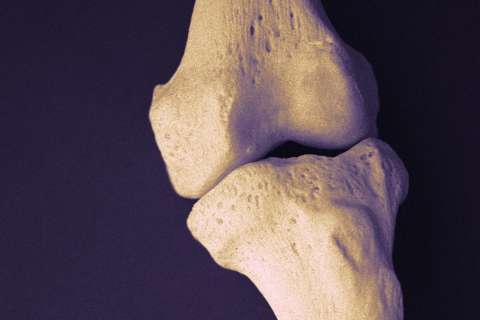Dear Doctor: Our dad retired last spring, and since he’s been home, he hasn’t been getting much exercise. Our mom is getting worried about his health. I just read that working out for just 11 minutes a day makes a difference. Is that really true?
Dear Reader: We think you’re referring to the findings from a new study that, with an alluring “it takes only 11 minutes a day” promise, has been making a splash. It’s part of a growing body of research that looks not only at what kind of physical activity makes us healthier, but also at how we perform those activities.
Over the last decade, and particularly in the last few years, we’ve seen a growing understanding that intensity and duration play sometimes surprising roles in exercise. In fact, we recently wrote about a different study, which looked at how much exercise helps lower mortality rates. That study also found 11 minutes to be a sweet spot when it comes to exercise beginning to make a difference. With the proliferation of fitness trackers, loaded with precision tech to gauge the length and physical effects of each workout and measure progress over time, researchers now have access to new and expansive data pools. The value of brief bursts of activity has emerged, and the result is a new appreciation of the benefits of short and focused workouts.
In the study you’re asking about, researchers from the Mayo Clinic in Minnesota and McMaster University in Canada created their own version of a well-regarded body weight workout. These are exercises such as jumping jacks, stair climbing, planks and squats that use one’s own body weight for resistance. The exercise sequence was made up of one minute each of a specific body weight exercise, interspersed with a minute of walking or running in place. The 11 minutes also included a minute to warm up and cool down. The 20 study participants were asked to work as hard as was comfortable during each one-minute increment of exercise. Six weeks later, the 11-minute exercisers were in measurably better shape -- a 7% increase in endurance -- than a control group who did not add exercise to their daily routines.

While short-burst workouts are getting a lot of attention these days, it’s important to stress they’re just one part of a well-rounded exercise plan. The recommendation remains to get at least 150 minutes of moderate-intensity aerobic activity, or 75 minutes of vigorous aerobic activity, spread throughout the week. And don’t forget about stretching and weight-bearing exercises. We humans are built for movement. Unless we remain active, we run the risk of sacrificing not only optimal physical and mental health, but all-important strength, balance and stability.
The top reason we hear from our patients about not getting enough exercise is that they don’t have the time. But recent research shows that any amount of exercise at all can make a difference. Perhaps if you let your dad know that he doesn’t have to commit to a daily hour at the gym, he’ll be willing to invest 10, or perhaps even 20, minutes each day in his health and well-being.
(Send your questions to [email protected], or write: Ask the Doctors, c/o UCLA Health Sciences Media Relations, 10880 Wilshire Blvd., Suite 1450, Los Angeles, CA, 90024. Owing to the volume of mail, personal replies cannot be provided.)





